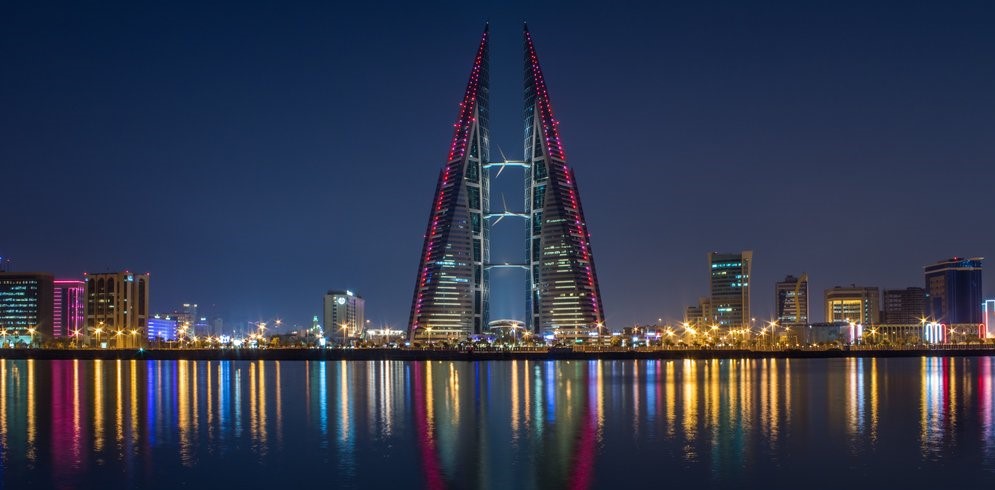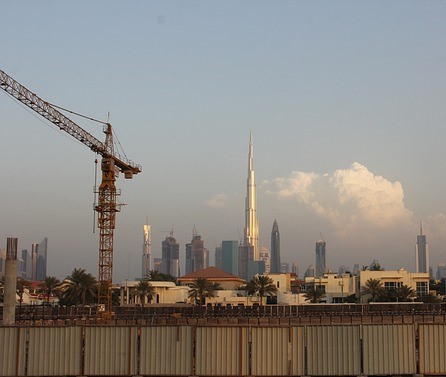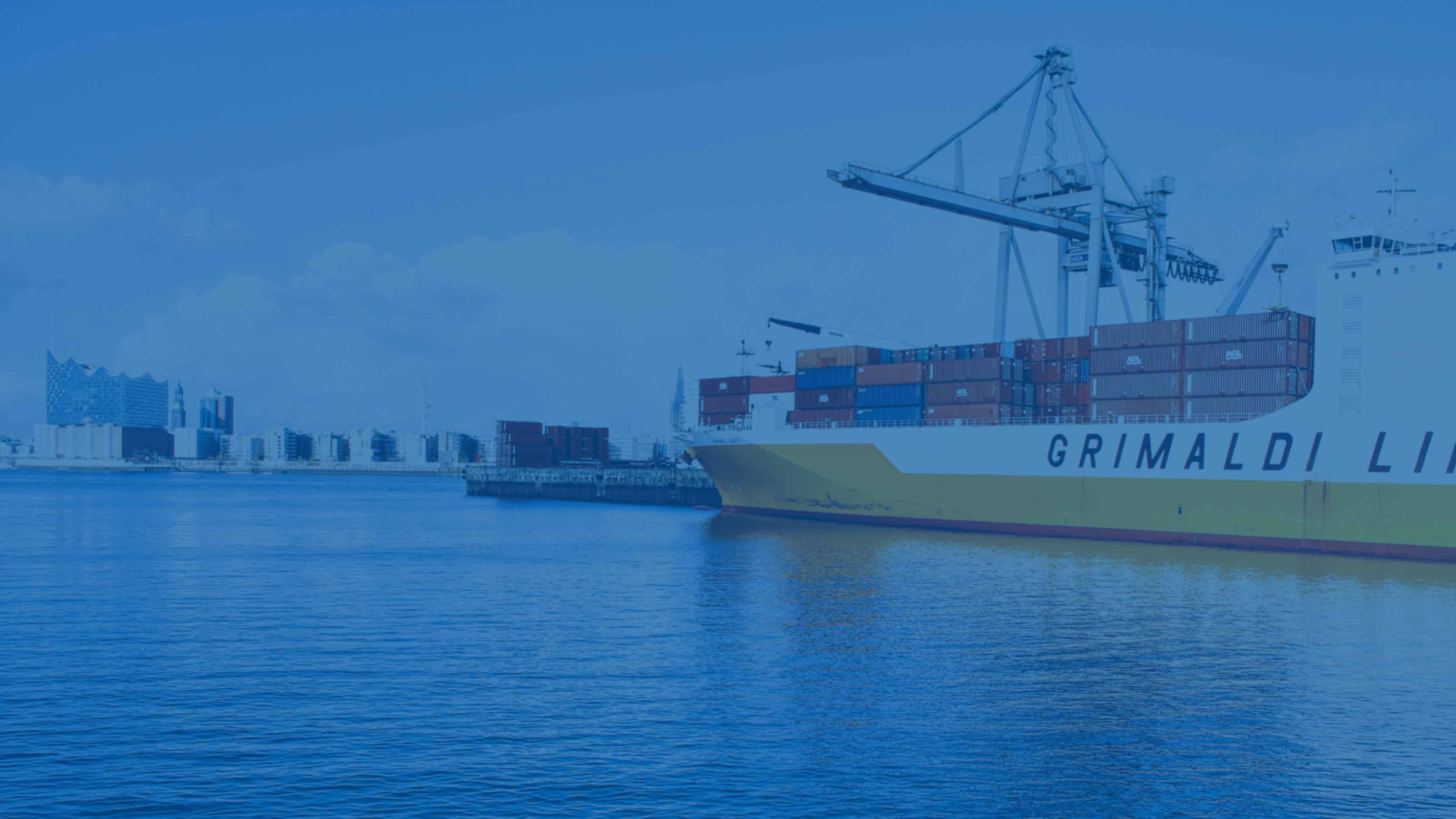Tahseen Consulting's Wes Schwalje talks to Wamda about Bahrain's growing start-up scene
- Bahrain is giving other GCC states a run for their money by nurturing an attractive regulatory environmental for FinTech
- Startups will most certainly benefit from Bahrain's growing tech eco-system, but will need to expand regionally to ensure sustainable growth
Tahseen Consulting's COO Wes Schwalje was interviewed by Alicia Buller at Wamda on Bahrain's potential to become the region's next tech hub. You can find the full interview here.
Does Bahrain have the ability to draw startups away from Dubai, what can it offer that other hubs can’t?
Dubai is undoubtedly the MENA’s startup and technology hub, and the Uber-Careem deal was a watershed moment that has solidified its role as an emerging global technology leader. The deal is pushing Arab countries, such as Bahrain, to get more serious about entrepreneurship ecosystem development and the enabling polices that support startups to complete in legacy industries.
Since data is so critical to many of the technologies driving the Fourth Industrial Revolution, Bahrain has sought to distinguish itself is by adopting one of the MENA’s first personal data protection laws.
In this case, Bahrain saw an opportunity for regulatory competition which it leveraged to entice Amazon to open its first data center in the region there. If data is the new oil, then Bahrain is repeating the historical role it played as the first GCC country to discover oil with this move. Additionally, Bahrain was the first Arab country to launch a FinTech regulatory sandbox in 2017.
Forward-looking regulatory competition related to technology and startup policies is one way Bahrain can stand out.
Results from the Global Entrepreneurship monitor, suggest that there are also significant opportunities to draw startups away from other competing regional hubs through regulatory competition surrounding the business enabling environment, access to finance, and incentives to support R&D intensive startups.
Is the FinTech sector its only real pulling power?
Fintech was an initial focus of Bahrain due to its historical legacy as the region’s financial services center. In many ways, Bahrain's strategy as a first-mover in regional FinTech is reminiscent of its history move to establish the first Islamic bank in 1979.
However, there are a number of promising regional tech sectors where no clear leader has emerged including renewable and clean energy, travel and transport, smart mobility, additive manufacturing, EdTech, HealthTech, AgTech, and many other sectors. There are also emerging fields, such as artificial intelligence, quantum computing, and extended reality, with broad applications that offer opportunities for Arab countries to carve out competitive niches. This is a horse race that has just started.
It would be a big mistake to underestimate Bahrain - it is a small country that packs a big punch with a history of innovation at its core.
With its business-friendly policies, a much lower cost of doing business than competing regional startup hubs, a lower cost of living, and the most educated population in the GCC, Bahrain has a lot going for it.
What are the main challenges for startups in the country and how vital is Saudi Arabia to its market?
Bahrain’s small domestic market size is a unique challenge for startups. This means that in order to scale-up, startups very quickly need to consider regional and international expansion. The rapid growth of the MENA’s digital economy in some ways minimizes this obstacle, but fragmented regional markets, red tape, and the diversity of development across the region challenge even the biggest firms in the MENA.











































